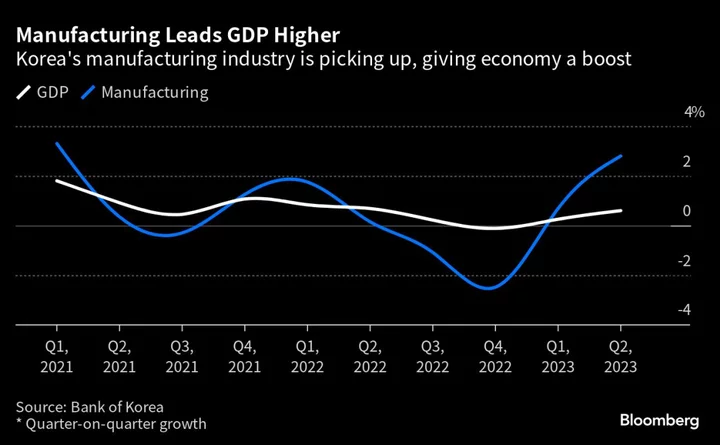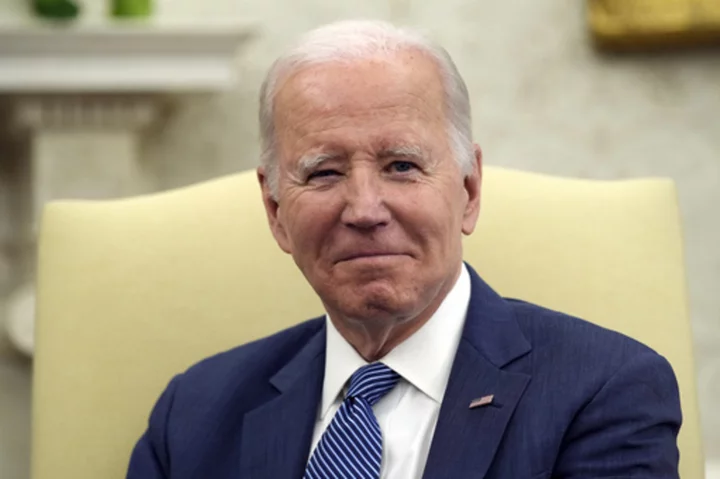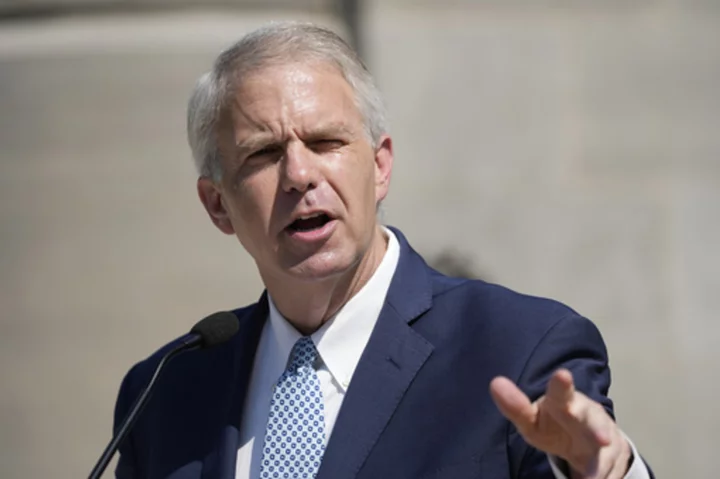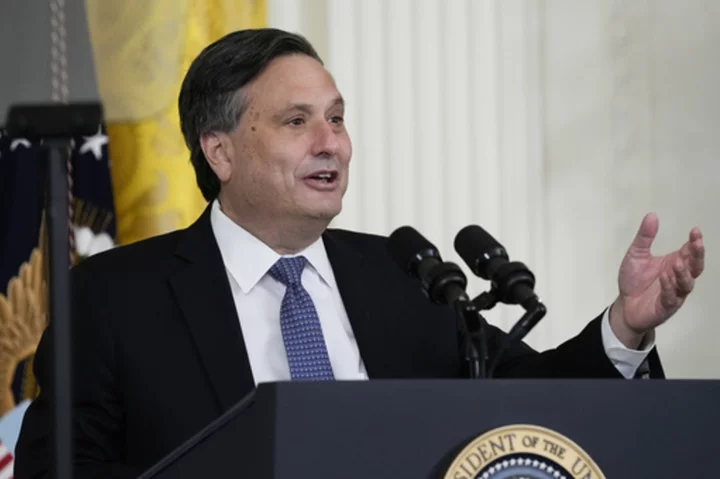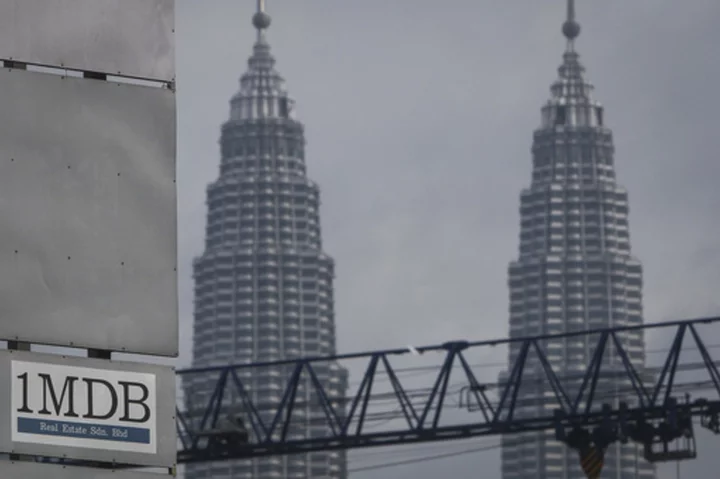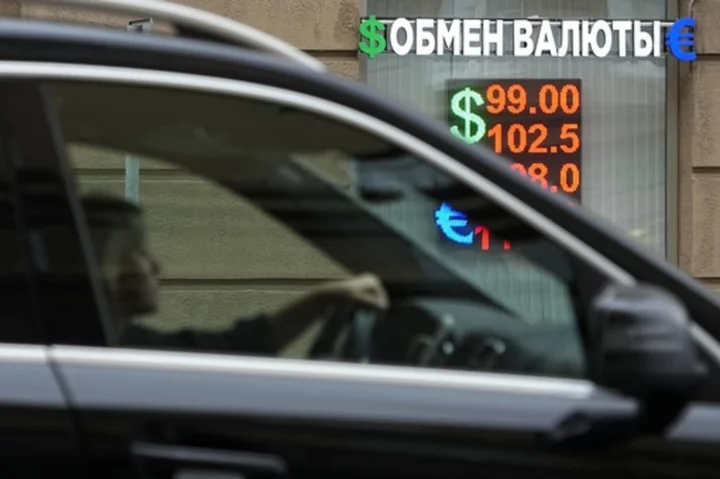South Korea’s economic growth accelerated a tad more than expected in the second quarter, with much of the gain resulting from the impact of net trade, as exports fell less than imports.
Gross domestic product advanced 0.6% in the three months through June from the previous quarter, Bank of Korea data showed Tuesday. Economists surveyed by Bloomberg forecast a 0.5% expansion after the 0.3% advance in the previous period.
The economy has now advanced for a second quarter since contracting in the last three months of 2022. Still, concerns about the strength of momentum remain. Early trade data showed exports in July falling at the fastest clip since March, and uncertainties remain over the timing of any potential rebound in the key chip sector and a recovery of demand in China, Korea’s biggest trading partner.
“Reduced imports helped GDP come out to be a plus,” said So Jaeyong, an economist at Shinhan Bank. “It’s hard to give this figure a high rating.”
Tuesday’s report underscored concerns about trade. Net exports were a big contributor to second-quarter growth, but only because exports weren’t as weak as imports. Shipments overseas fell at a smaller pace than the 4.2% drop in imports. Also, government spending declined 1.9%, the most since 1997, as the budgetary stance remained tight, and private consumption slipped moderately.
“All major components actually showed signs of decline,” Krystal Tan, economist at Australia & New Zealand Banking Group, said on Bloomberg TV. “The near term economic outlook looks quite challenging.”
One of the few bright spots was manufacturing, which showed signs of resilience.
The data may prompt the Bank of Korea to shift its focus to growth from inflation, according to economists at ING led by Min Joo Kang. “We think today’s data should be a concern for the Bank of Korea as exports remain weak,” they said.
The BOK has kept its key interest rate steady, with a hawkish bias, for most of this year as it seeks to balance its inflation fight with the need to safeguard economic activity.
ING said fiscal support may stay weak through the year, “considering the tax revenue deficit and normalization of covid related fiscal spending.”
Both the central bank and government recently slashed their growth forecasts for the year to 1.4%.
Chang Jaechul, chief economist at KB Kookmin Bank, said private consumption poses a risk to the growth target while exports will likely keep improving on the back of recovering demand for electronics and technology products.
On the price front, headline inflation eased for a fifth month in June, but gains in the core price gauge have proven stickier than expected. While the pace of inflation may slow in July, price growth is likely to accelerate again to the 3% level around the end of the year, according to the central bank.
The BOK kept its key rate unchanged this month for a fourth straight meeting, while noting that its inflation battle is still not over. The BOK has a target of 2% inflation.
(Updates with economists’ comments)

